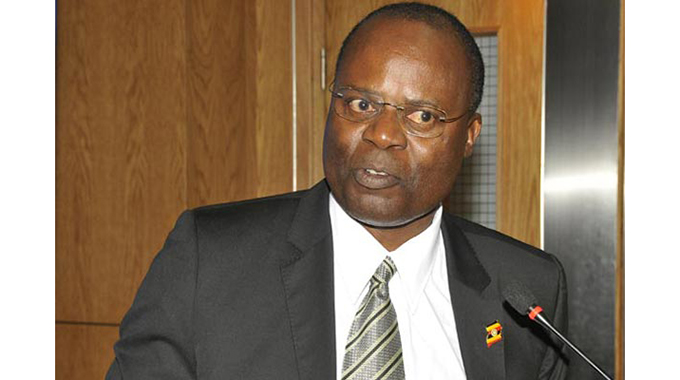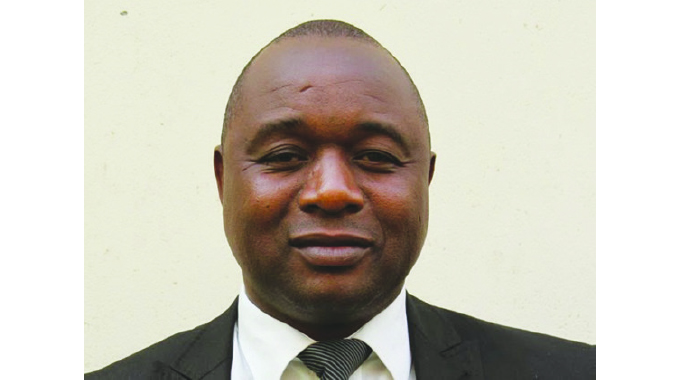‘Huge opportunities for Africa’

Tawanda Musarurwa–Senior Business Reporter
Permanent secretaries and deputy governors from the Macroeconomic and Financial Management Institute of Eastern and Southern Africa (MEFMI) region met this week to discuss policy issues that will strengthen countries in the context of the Covid-19 pandemic.
The annual MEFMI Forum for Deputy Permanent Secretaries in the Ministries of Finance/Planning and Central Banks Deputy Governors was this year held virtually due to Covid-19.
Keynote speaker, British development economist Sir Paul Collier, spoke on the macroeconomic impact of Covid-19, adding that Covid-19 caused four macro-economic shocks: terms of trade deterioration, remittance reductions, a collapse in tourist exports and adverse capital movements.
But he also highlighted opportunities that had risen from the crisis.
“The three big economic opportunities are: breaking into global exports, for either industry or services; breaking into regional markets; harnessing natural resources for growth, like Botswana did.
“The natural resource path is a very distinct policy challenge.
“That said, Botswana became, for many years, the fastest growing country in the world and there is no reason why any other African country that takes effective advantage of its opportunities can’t become the fastest growing economy in the world,” said Sir Paul.
“There is another category of countries defined by the fundamental challenge they face, and those are the fragile states. Their big challenge is how to get a viable state with a monopoly of violence and the ability to control its territory.”
During the session on ‘Financing Options for Economic Recovery in Africa’, Development Finance International director Dr Matthew Martin, told the forum that countries in the region need to focus on domestic financing.
“Domestic financing is the most vital and long-term sustainable source of financing,” he said.
“The International Monetary Fund estimates comparing with best performers in income groups indicate that virtually all countries could collect more revenue, by between 2 percent and 5 percent of gross domestic product, rising gradually towards 2030.
“Many countries already putting strategies in place to do this.
“Focus on the financing sources you can influence most — especially “progressive” domestic revenue mobilisation and financial sector development.”
Matthews told the forum participants to enhance their capacities, especially on negotiating new loan financing, debt relief and PPPs, and to use debt relief where there is need to reset — freeing up budget funds for SDG spending.
Another key point of discussion at the meeting was the issue of reserves management — responding to income pressures from the low yield market environment, especially as central Banks across the developing world are faced with a number of challenges – there is pressure on reserves given the slowdown in economic activity due to the global pandemic.
MEFMI executive director Louis Kasekende said relevant policies are key to ensuring resilient economies in the region.
“It is paramount that during this pandemic, policy makers in the MEFMI region balance effective containment and mitigation policies with efficient macroeconomic intervention strategies, that will have positive epidemiological evidence on the spread of the virus but also help our economies to ride through the turbulent period in a sustainable manner.
“Certainly, there is no one-size-fits-all response to the intensity of the economic shock, as this varies across countries.”









Comments